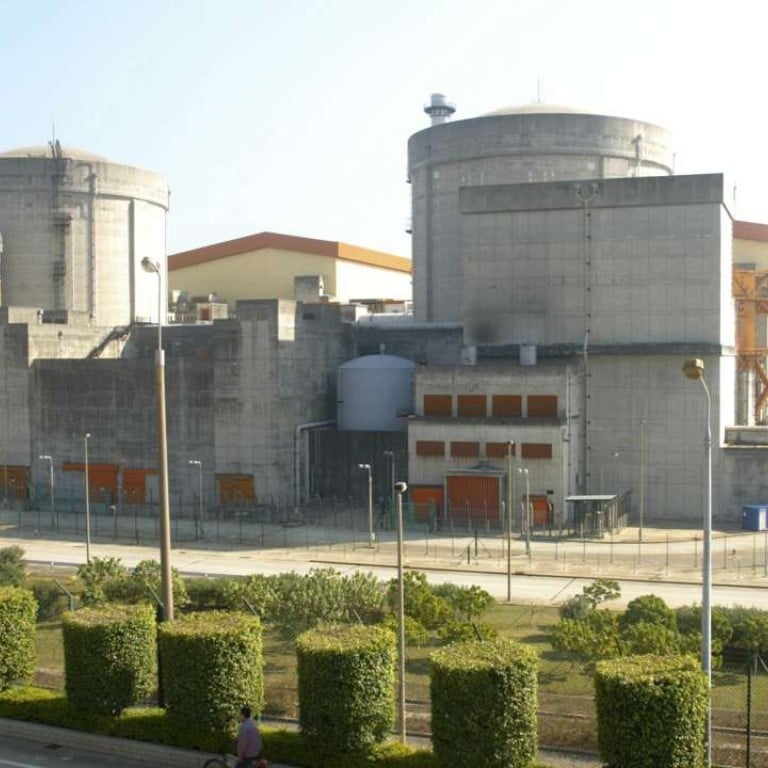
‘No harm done’: alarm at Daya Bay nuclear plant accidentally deactivated for three months
Committee concludes incident did not constitute safety breach, though it says there is ‘always room for improvement’
An alarm system monitoring the radiation of reactor coolant at a nuclear power plant in Shenzhen was accidentally shut down for three months before the mistake was discovered, although a safety committee insisted the incident did not constitute a safety breach.
Details of the incident were revealed during a biannual briefing of the Guangdong Daya Bay Nuclear Power Station and Ling Ao Nuclear Power Station Nuclear Safety Consultative Committee on Friday.
The latest took place on May 24, when a worker at Ling Ao Nuclear Power Station Phase 2 discovered that the alarm system for the radiation of reactor number one was deactivated, with no information displayed.
The alarm was immediately restored. A backup alarm did not detect abnormalities during the shutdown period.
Committee chairman Raymond Ho Chung-tai said they were told by staff members that the system was believed to have been switched off during a scheduled maintenance in late February, but was accidentally left deactivated afterwards.
“There was no harm done,” vice-chairman Tso Wong man-yin added. “But as [we] said, there is always room for improvement for such a large operation.”
The committee also rejected claims that notification had been delayed, saying all confirmed incidents were published within 48 hours, adding that the transparency of the nuclear plant’s management was “unmatched in the world”.
Separately, the committee was not informed of an operational incident at another station about 200km southwest of Hong Kong, nor did it try to reach mainland authorities for more information.
A heat removal pump on one of the key reactors at the Yangjiang nuclear power plant stopped functioning for six minutes in March 2015, although the incident was only announced by China’s Ministry of Environmental Protection in August.
Three were slapped with administrative warnings, while their leader was stripped of his senior nuclear operator’s licence.
But Ho insisted the committee was not duty bound to monitor the Yangjiang plant, nor was it able to extend its scope of surveillance, as the body was formed by the Daya Bay Nuclear Power Operations and Management Company.
The Security Bureau told lawmakers during a 2010 briefing at the Legislative Council that the expert panel was formed by the power plant and had no obligation to submit reports to the Hong Kong government.

